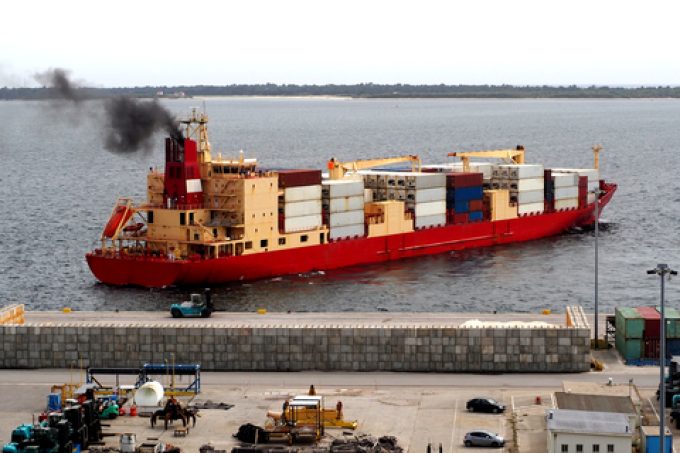Shipping lines are sub-letting tonnage to profit from firm charter market
Charter rates continue to defy the freight market, with HMM sub-letting a chartered vessel to ...

The Loadstar has reported how a lack of standardisation in air cargo emissions calculation and reporting had led to allegations of ’greenwashing’ and confusion for shippers and forwarders. – however, aviation is not the only sector crying out for consistency.
Recently, CEO of Vespucci Maritime ...
CMA CGM South Korean staff strike over bonuses after bumper 2024 profit
MSC switches two more Asia-Europe port calls from congested Antwerp
CMA airline returns two freighters, while ANA takeover of NCA looms
Nightmare for Bangladeshi exporters as congestion and tariffs bite
Tradelanes: Export boom in Indian sub-continent triggers rise in airfreight rates
Carriers introduce surcharges as congestion builds at African ports
Ports and supply chain operators weigh in on funding for CPB
Box ship overcapacity threat from carrier appetite for new tonnage

Comment on this article